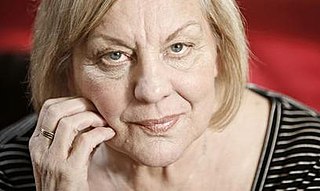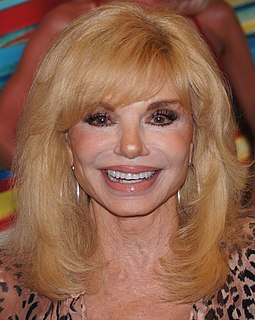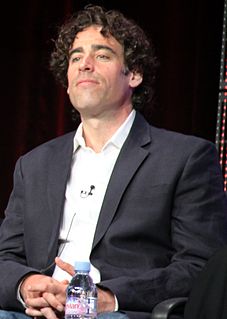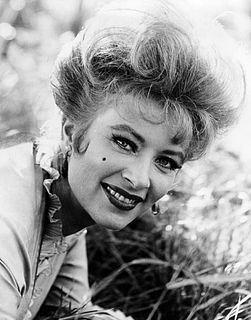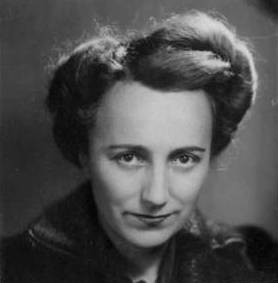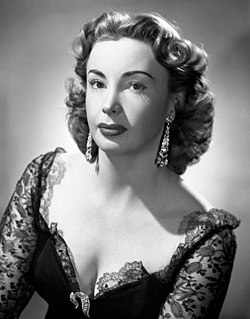A Quote by Sue Townsend
8.45 a.m. My mother is in the hospital grounds smoking a cigarette. She is looking old and haggard. All the debauchery is catching up with her.
Related Quotes
His love for my mother wasn't about looking back and loving something that would never change. It was about loving my mother for everything -- for her brokenness and her fleeing, for her being there right then in that moment before the sun rose and the hospital staff came in. It was about touching that hair with the side of his fingertip, and knowing yet plumbing fearlessly the depths of her ocean eyes.
Victory in defeat, there is none higher. She didn't give up, Ben; she's still trying to lift that stone after it has crushed her. She's a father working while cancer eats away his insides, to bring home one more pay check. She's a twelve-year-old trying to mother her brothers and sisters because mama had to go to Heaven. She's a switchboard operator sticking to her post while smoke chokes her and fire cuts off her escape. She's all the unsung heroes who couldn't make it but never quit.
Her [Eleanor Roosevelt] father was the love of her life. Her father always made her feel wanted, made her feel loved, where her mother made her feel, you know, unloved, judged harshly, never up to par. And she was her father's favorite, and her mother's unfavorite. So her father was the man that she went to for comfort in her imaginings.
I was born into the Chicago branch of Negroland. My father was a doctor, a pediatrician, and for some years head of pediatrics at Provident, the nation's oldest black hospital. My mother was a social worker who left her job when she married, and throughout my childhood, she was a full-time wife, mother, and socialite.
The idea of the book ["The Japanese Lover"] came in a conversation that I had with a friend walking in the streets of New York. We were talking about our mothers, and I was telling her how old my mother was, and she was telling me about her mother. Her mother was Jewish, and she said that she was in a retirement home and that she had had a friend for 40 years that was a Japanese gardener. This person had been very important in my friend's upbringing.
Well, when Eleanor Roosevelt's mother dies, she goes to live with her Grandmother Hall. And her Grandmother Hall is in mourning. She's in widow's weeds. She's in her 50s, but appears very old. And she's exhausted from raising rather out-of-control children. Her favorite daughter, Anna, has died (Eleanor's mother), and she has living at home two other sons, Vallie and Eddie. And they are incredible sportsmen, incredible drinkers, out-of-control alcoholics.
